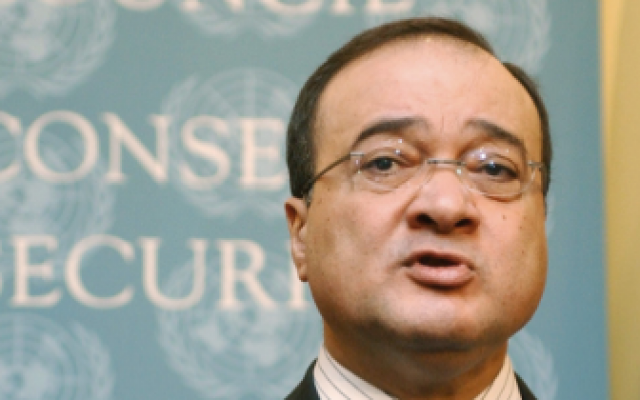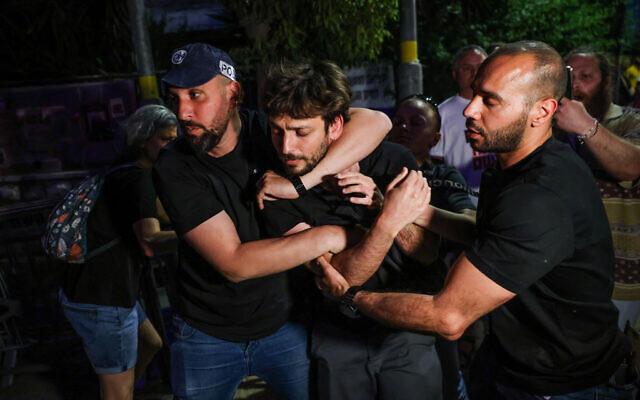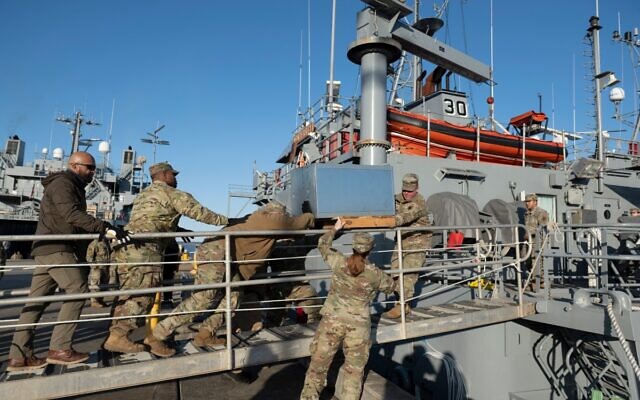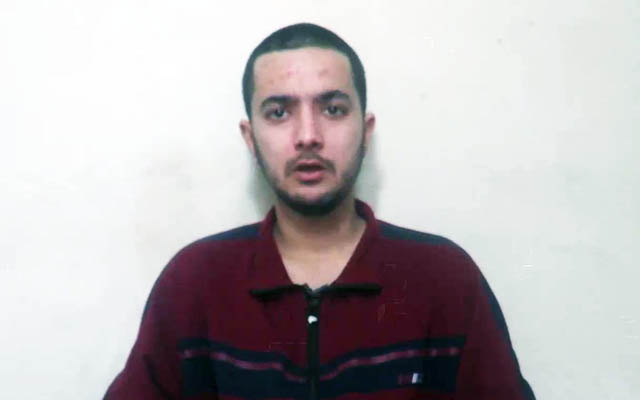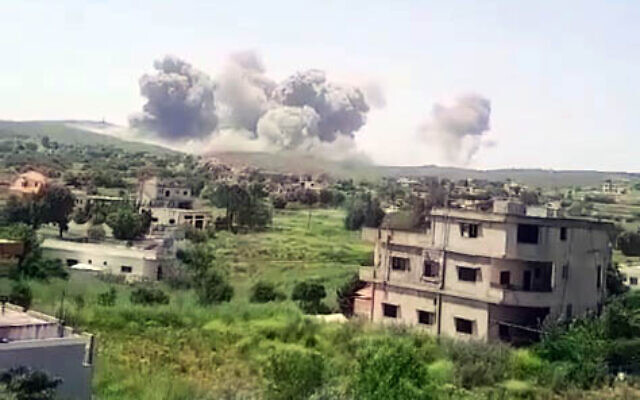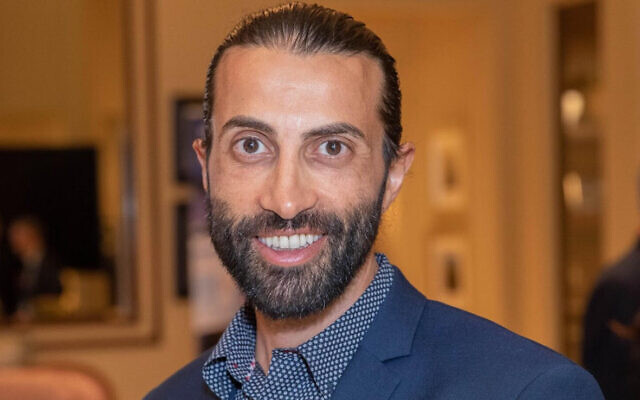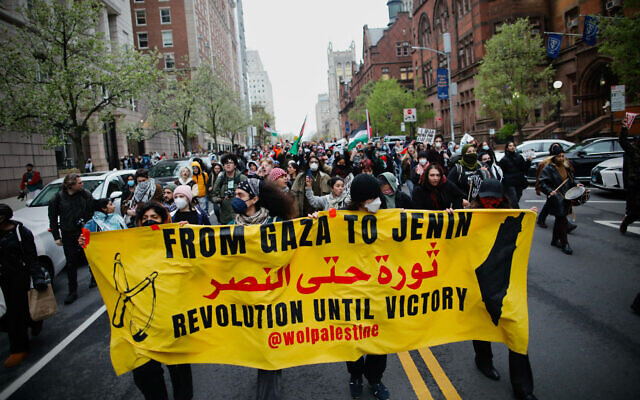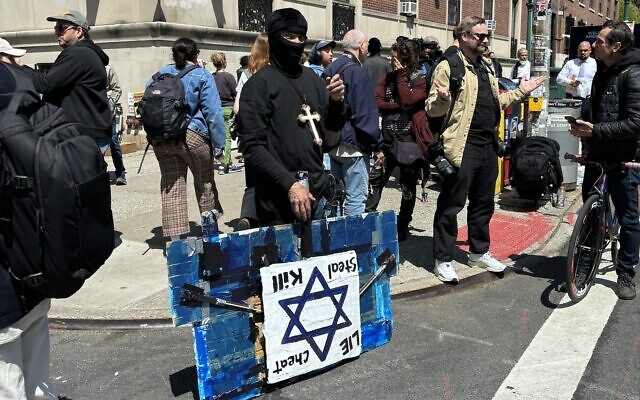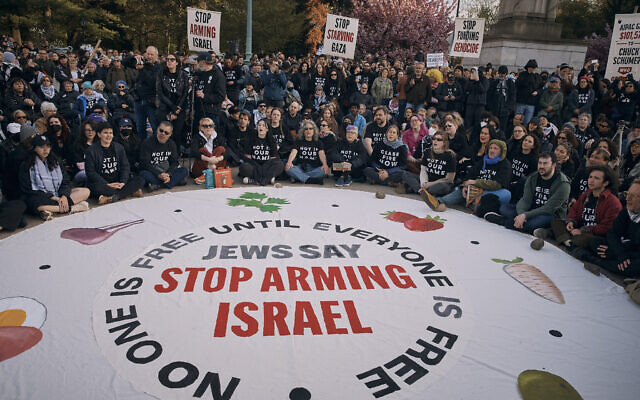Abbas ousts Yasser Arafat’s nephew from Fatah as election race heats up
Senior official Nasser al-Qidwa has called for ‘radical change’ in the Palestinian Authority, plans to challenge the main Fatah slate in the upcoming legislative elections
Palestinian Authority President Mahmoud Abbas expelled prominent critic Nasser al-Qidwa from the Fatah party on Thursday following the official’s declaration that he would establish a breakoff electoral slate and mount a challenge to Fatah in the upcoming Palestinian legislative elections.
“[Al-Qidwa] was given 48 hours to retreat from his stated positions, which violated the internal regime, decisions and unity of Fatah,” Abbas wrote in a decree ordering Al-Qidwa’s dismissal.
Al-Qidwa announced last week that he planned to contest Abbas’s Fatah movement’s main slate in the Palestinian legislative elections, which are scheduled for May 22. Another round of elections, for the Palestinian Authority presidency, is scheduled to be held on July 31.
“For my part, I remain a faithful member of Fatah and this step will not change that. As always, I remain committed to the interests of Fatah, but more importantly, I am committed to the national interest and shall work towards advancing our cause,” al-Qidwa said in a statement following his expulsion.
Abbas issued a formal decree ordering the elections in mid-January, which was greeted by widespread skepticism. The Palestinians have not headed to a national vote in 15 years, and numerous promised elections never came to pass.
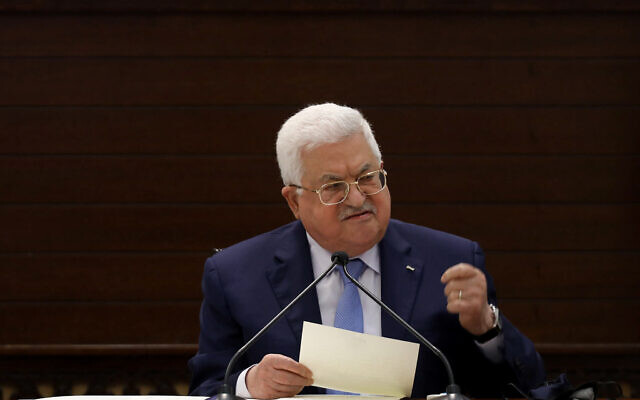
Anticipation has slowly been growing, however, both in diplomatic circles and among the Palestinian public. Around 93 percent of eligible Palestinians registered to vote in the upcoming elections in both the West Bank and the Gaza Strip, according to the Palestinian Central Elections Commission.
Al-Qidwa, the nephew of former Palestine Liberation Organization chairman Yasser Arafat, has long been critical of Abbas. He has worked at several foreign posts, including as the PA’s envoy to the United Nations, where he developed a reputation as an effective and capable diplomat.
In recent weeks, however, al-Qidwa has become more outspoken in his criticism of the current Palestinian Authority government. At a virtual conference streamed by Birzeit University in late February, al-Qidwa said the Palestinian political system needed to be dramatically revamped.
“We need radical change in our political system, even as we struggle against Israeli actions,” al-Qidwa said.
Several senior Fatah officials could not be reached for comment. But many have expressed frustration that a senior official would break ranks and have dismissed his criticism of the political system.
“Nasser is part of the political system,” said senior Fatah official Azzam al-Ahmad when asked by The Times of Israel about al-Qidwa’s remarks in late February.
The tension between Fatah’s leading members and al-Qidwa has been growing for several weeks. At the beginning of the recent election push, al-Qidwa came out strongly against a tentatively planned joint Fatah-Hamas electoral slate. He later was said to have boycotted several meetings of the Fatah Central Committee.
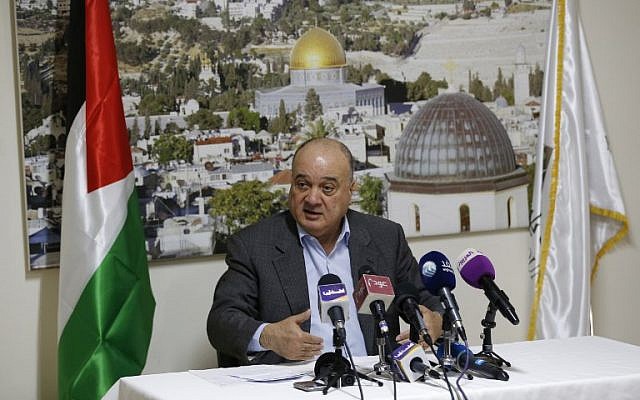
“Reform is a lovely, resonant term and a necessity that no one disagrees with. But what is shocking is that most of those who have been discussing ‘reform,’ especially now that we are heading to elections, are people who have been part of the government,” Fatah Central Committee member Hussein al-Sheikh wrote on Twitter, in an implicit jab at al-Qidwa’s statements.
Al-Qidwa’s fellow Fatah exilé, former Gaza security chief Mohammad Dahlan, condemned the Thursday decision. Dahlan, a long-time rival of Abbas, was expelled from the West Bank in 2011 and resides in the United Arab Emirates.
“Throughout its long history, Fatah has not seen this degree of tyranny, exclusivity, and deviation from diversity and being a ‘wide tent’ for all ideas and opinions,” Dahlan said.
“This decision confirms the impossibility of accepting the approach of Mahmoud Abbas, who has become a real threat to the interests of our people,” Dahlan added.
Palestinian leaders have repeatedly promised to hold elections since the last vote was held in 2006, when Hamas swept the Palestinian parliament in a landslide victory over its Fatah rivals who were riven by factional squabbles and widely seen as corrupt.
Much as in 2006, Abbas’s Fatah movement is deeply divided, and the long-serving president faces rivals at every turn: jailed Palestinian terror convict Marwan Barghouti, Emirates-backed Dahlan, and al-Qidwa.
In recent weeks senior officials in Fatah have taken shots at one another on social media. A highly publicized visit by senior PA official al-Sheikh to Barghouti — reportedly an attempt to convince him not to run — did not seem to succeed.
While al-Qidwa has founded his own movement — the National Democratic Forum — as an initial step, he has yet to announce a slate of parliamentary candidates. Al-Qidwa has also said he would support al-Barghouti against any potential presidential candidate.
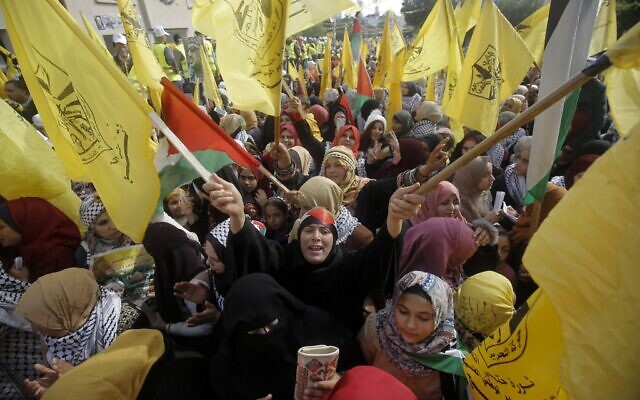
Al-Qidwa’s prospects of running independently in the upcoming Palestinian legislative elections, however, are still murky, said Palestinian political analyst Jihad Harb.
“There are no surveys that prove how successful he might be, while other political figures — such as Barghouti — already enjoy wide political support. While he has called for a separate parliamentary slate, that slate has yet to come together. As for Barghouti, he does not need al-Qidwa,” Harb told The Times of Israel.
Moreover, it is not clear what political program al-Qidwa plans to offer his voters. According to Harb, most Palestinian parties fall into one of two camps: “the end of Israel through armed resistance and the two-state solution.”
“At this point, with both armed struggle and the two-state solution not seeming realistic, many Palestinians are looking for honest candidates to fight corruption,” Harb said.
Al-Qidwa called last month for Palestinians to find what he called “a third path” between the dichotomy of “armed struggle or negotiations with unending concessions” in which he said Palestinian politics found itself. Pressed for more details, he dodged.
“It does not seem that al-Qidwa has the answers to the hard questions yet. There is not anything new here yet when it comes to his political program,” Harb said.


